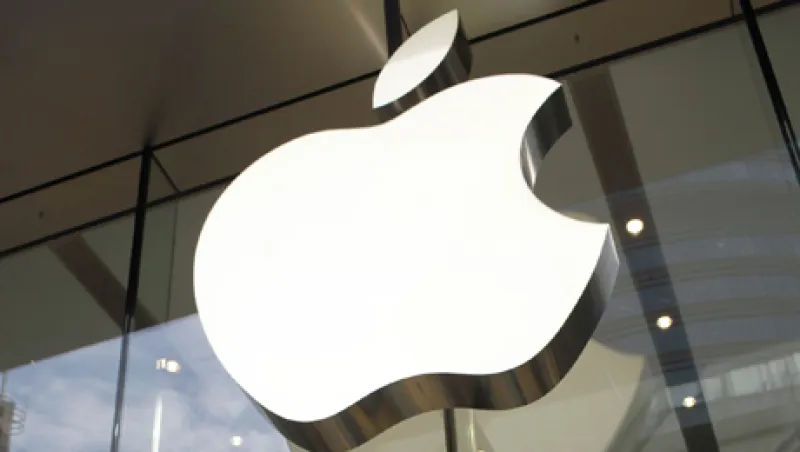
Hedge Funds Still Big Apple Fans
The resignation and death of Steve Jobs left many investors worried about the future of Apple. Not hedge funds, though, as they continued to pour money into the technology company.
Stephen Taub
November 17, 2011



